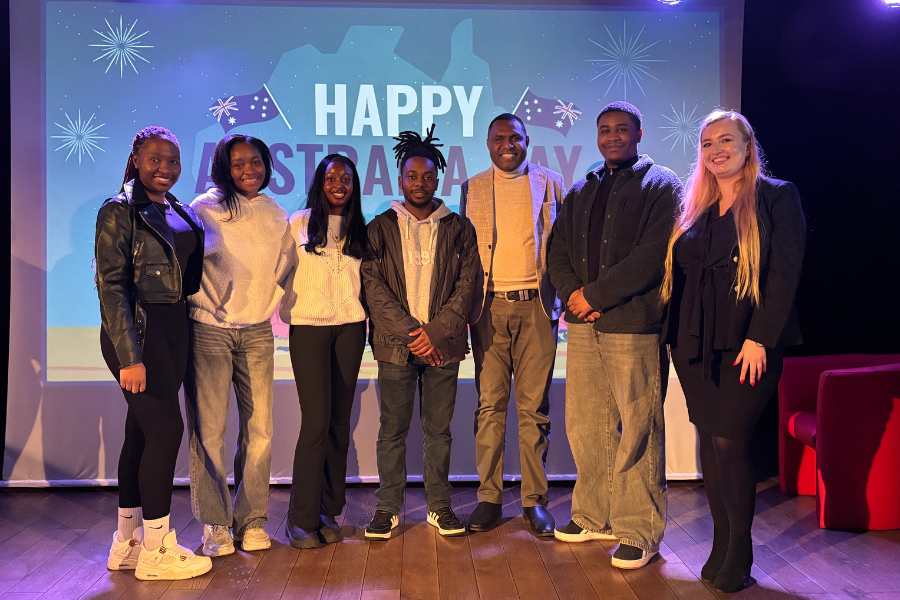Join us during another round of Open Lectures at UITM.
Artificial Intelligence (AI) and Christian Anthropology. Where the Concerns Lie?
Prof. Lluis Oviedo
The rapid advancement of intelligent systems in recent years has sparked widespread debate across various domains, including humanistic perspectives, religious traditions, and public opinion, particularly regarding the potential risks these technologies pose. Christian anthropological concerns often overlap with those found in other cultural and philosophical traditions, including secular and humanist viewpoints. These shared concerns may even open avenues for collaboration beyond religious and secular divides. However, certain issues remain more specific to Christian beliefs and values. This presentation will explore these key questions: To what extent are Christian concerns distinct? How can theological reflection contribute to a deeper understanding and responsible engagement with these challenges? And how might these emerging technological dilemmas serve as an opportunity for dialogue between science and theology?
The spiritual dimension in health care and the risk of de-humanizing medicine
In recent years, many voices have called for a greater integration of spirituality in medicine and healthcare. This perspective aligns with a more holistic view of the patient and medical intervention—moving beyond a purely mechanical approach that focuses solely on repairing or fixing physical ailments. However, incorporating a spiritual dimension presents a significant challenge in highly secularized and pluralistic societies, even if we acknowledge its importance in care and healing. The complexity increases when considering the diversity of religious traditions, theological perspectives, and spiritual expressions. Addressing this issue effectively requires a well-informed approach to designing healthcare systems that can integrate spirituality in a meaningful way. This effort demands attention to at least three key levels: (1) the descriptive, which emphasizes spiritual education or at least a form of „cultural religious literacy”; (2) the normative, which differentiates between beneficial and potentially harmful spiritual or religious practices; and (3) the practical, which focuses on appropriate interventions in specific areas such as palliative care



